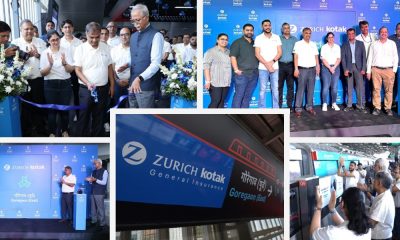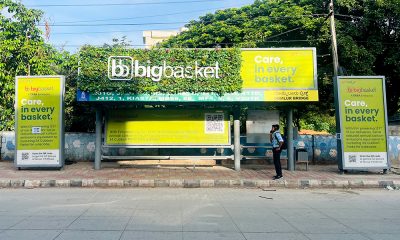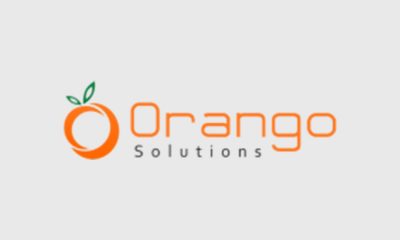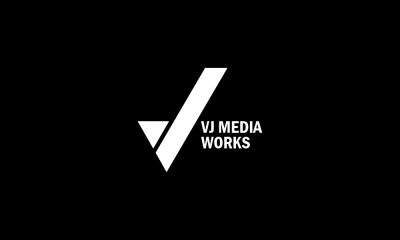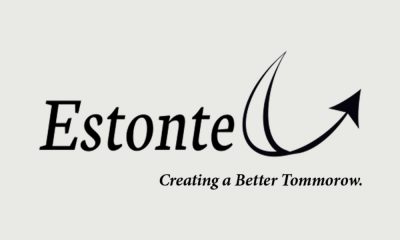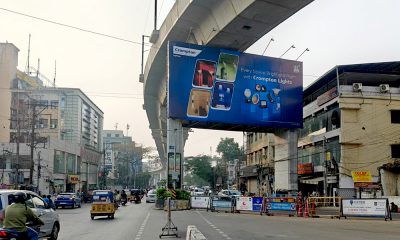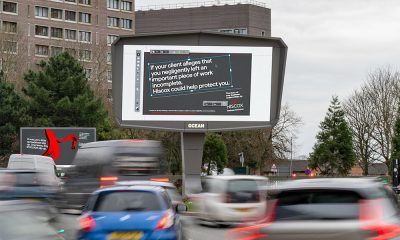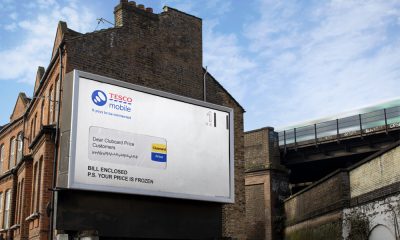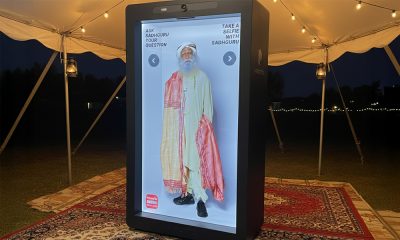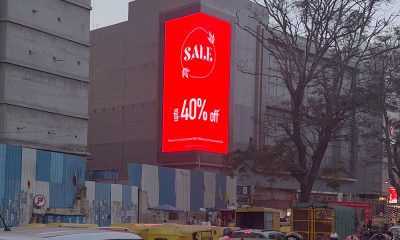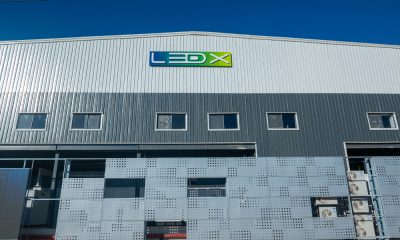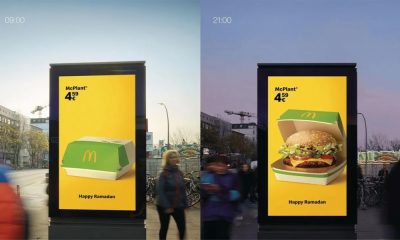Sustainability
Pramod Bhandula makes a case study presentation on best green practices for OOH
JCDecaux Advertising has been globally working projects which are friendly for the three sustainable axes – environment, social and stakeholder
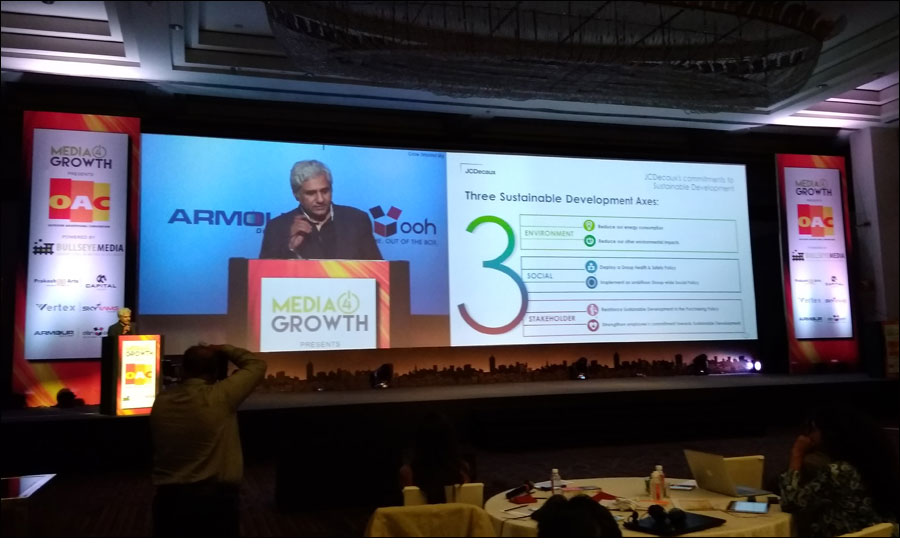 The concluding session of the two-day OAC 2018 convention touched upon an utmost significant topic i.e. ‘‘Why is it imperative for OOH to go green – what’s the way forward?’ addressed by Pramod Bhandula, Executive Chairman of JCDecaux Advertising India. JCDecaux Advertising India has been following international green practices in the effort to reduce the harmful effects on the environment. Pramod shared that JCDecaux Advertising has been globally working projects which are friendly for the three sustainable axes – environment, social and stakeholder.
The concluding session of the two-day OAC 2018 convention touched upon an utmost significant topic i.e. ‘‘Why is it imperative for OOH to go green – what’s the way forward?’ addressed by Pramod Bhandula, Executive Chairman of JCDecaux Advertising India. JCDecaux Advertising India has been following international green practices in the effort to reduce the harmful effects on the environment. Pramod shared that JCDecaux Advertising has been globally working projects which are friendly for the three sustainable axes – environment, social and stakeholder.
On the environment friendly priorities, JCDecaux Advertising India works towards reducing the energy consumption and green electricity procurement. “Since 2011, we have been carrying out an internal life-cycle analysis of our furniture, which permits us to identify energy consumption as main environmental impacts”, he said. According to Bhandula, the other significant environmental impacts included paper, plastic, water consumption and waste.
He highlighted that bus shelters can be an example for sustainable development – spoke about some of the bus shelters with state-of-art stainless steel and bus shelters with rainwater harvesting facilities that the group has put up in Delhi. According to him, the environment friendly measures can be placed at all stages of the product’s life, including selection of material that meets sustainability and recyclability criteria, proper optimisation of raw materials used for furniture manufacturing, reduction in the amount of waste generated, reuse of elements that are still in good condition, and recycling of product parts.
In his final comments he said, “Committing these green ethics to maintain sustainable development at a steady pace is a vital take away for the Indian OOH industry.”

